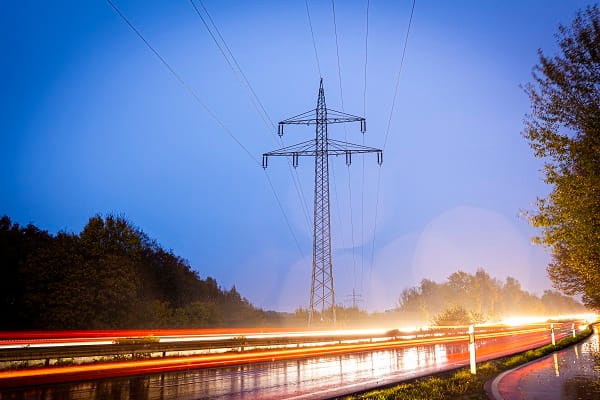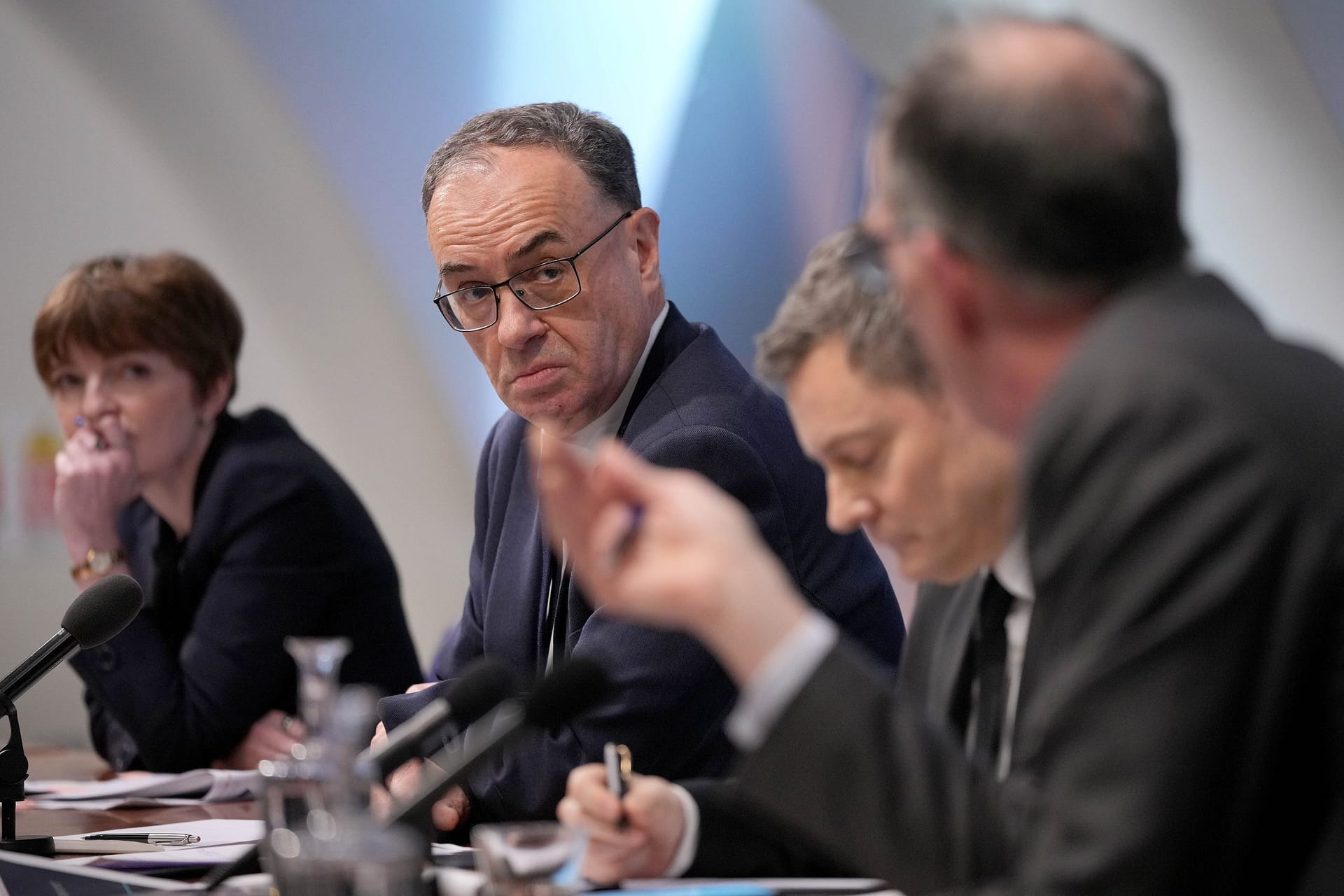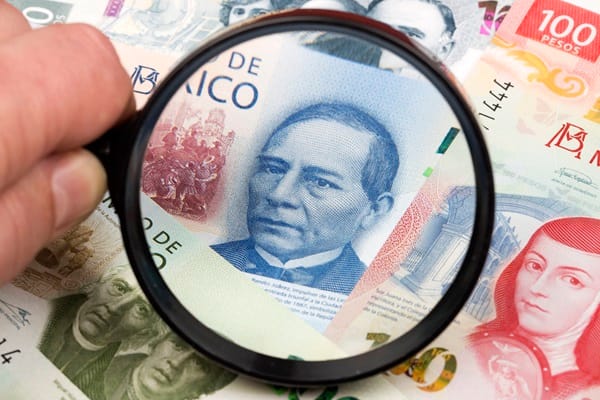The World Circular Economy Forum 2024 – Where the Future Matters
After COP28 shouted “no more fossil fuels,” the World Circular Economy Forum 2024 (WCEF2024) is stepping onto the stage as the biggest celebration of the post‑fossil economy. Picture Brussels, Belgium from 15‑18 April, buzzing with thousands of experts, investors, and innovators ready to shake up the status quo.
Why the Circular Economy Wins the Investment Race
- Less Fossil, More Fresh: Transitioning to renewables is a must, but it’s the circular mindset that really keeps the economy humming without blowing up our resources.
- Protecting Supply Chains: “Let’s plan ahead,” says Atte Jääskeläinen, president of the Finnish Innovation Fund Sitra and the brain behind WCEF. “If we manage materials wisely, we’ll reduce the strain on fragile supply chains and ease pressure on nature.”
- Hidden Goldmine: The Circle Economy Foundation’s Circularity Gap Report 2024 reveals the world is only 7.2% circular—leaving a huge gap for profit‑creating, sustainable solutions.
- Regulations Drive Change: “Governments need to steer money into circular initiatives,” reinforces Jääskeläinen. “That’s how we tackle overconsumption and create a fairer economy.”
Post‑COP28: A Window of Opportunity
After those crucial COP28 decisions, the International Resource Panel (IRP) and others highlight that a circular approach can keep our growth on track without choking our planet. Janez Potočnik makes it clear: It’s possible to grow the economy while cutting resource use—making life better for everyone.
Early findings from the IRP’s Global Resources Outlook 2024 alarm us: the use of new (virgin) materials is climbing by roughly 2.3% yearly. Fast‑track change or we could see resource extraction jump 60% by 2060—challenging our sustainability goals.
Key Takeaways
- Multisector Movement: Industries like agrifood, mobility, and consumables have room to go circular.
- Policy Is the Power Play: Ivonne Bojoh, CEO of Circle Economy Foundation, stresses the need for new finance and labour policies that forge lasting, scalable changes.
- Climate & Inequality: Circularity tackles climate harm and social inequity all at once—why we can’t afford to ignore it.
Stay Grounded in the Trend
Want all the freshest updates straight to your phone? Subscribe now! Keep the buzz rolling, and join the conversation on real‑time updates that drive the world toward circular prosperity.




